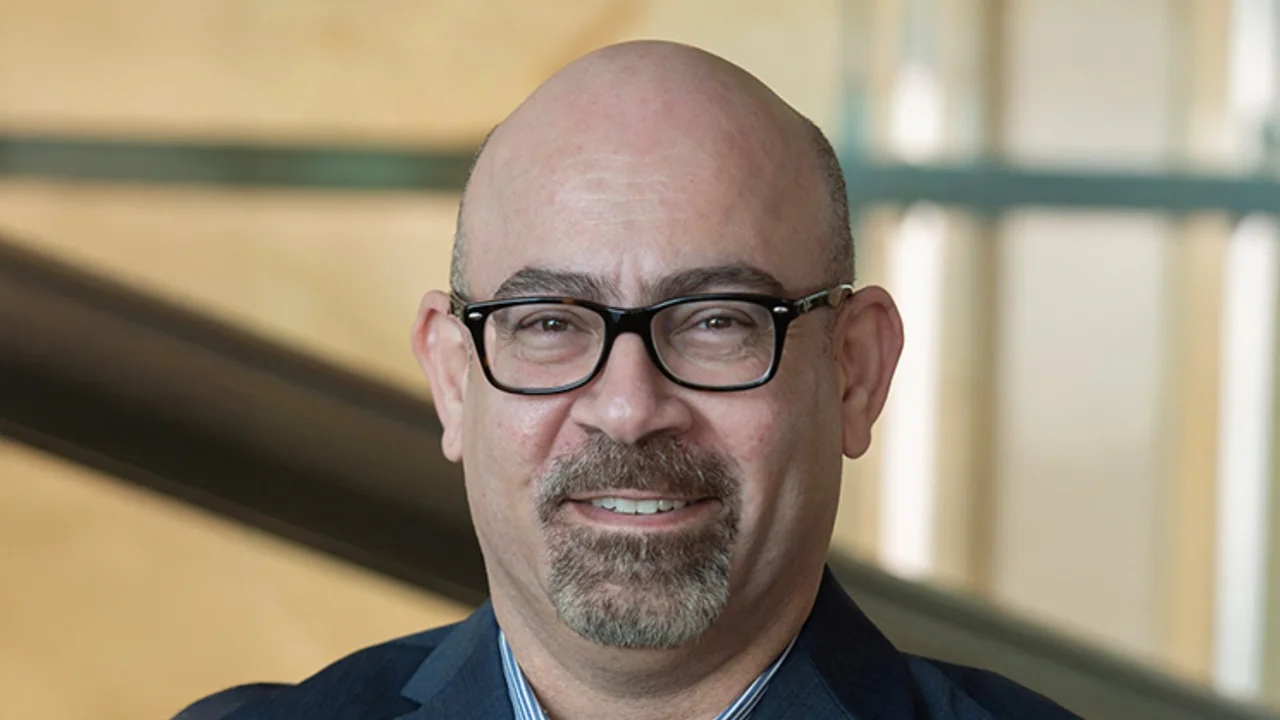
Talal Al Attar
Talal Al-Attar, KAUST instructional professor of electrical and computer engineering, is a passionate educator with over 15 years of teaching experience.
Biography
Talal Al-Attar has taught electrical engineering at institutions such as Kuwait University, Kuwait; Stanford University, U.S.; Santa Clara University, U.S.; and KAUST, Saudi Arabia, for over 15 years.
Professor Al-Attar received his B.S. and M.S. from Kuwait University and his Ph.D. from Stanford University. His doctoral work focused on impact ionization avalanche transit-time (IMPATT) modeling at the millimeter-wave range, on-chip integration of microstrip patch antennas and transmission lines in standard complementary metal-oxide-semiconductor (CMOS) technology.
Al-Attar’s career began as a senior design and device engineer at Volterra Semiconductor, U.S., where he worked from 2004 to 2007. He also worked as a senior consultant at Sabio Labs in 2007 before joining Magma Design Automation in 2008. Al-Attar consulted several companies between 2007 and 2014, including Ensphere Solutions, AWR, Intersil and Intel.
After joining Santa Clara University (SCU), U.S., he was initially an adjunct professor before becoming a lecturer and full-time assistant professor. He spent eight years at SCU, serving as the SCU Center for Analog Design and Research director.
Al-Attar joined KAUST in 2014 as a consultant/visiting associate professor and in 2018 as a senior lecturer in the Electrical and Computer Engineering (ECE) program.
Research Interests
Al-Attar’s interests focus on four main topics: (1) Microwave devices: IMPATT modeling and scaling in standard CMOS technology and non-linear transmission lines (NLTL); (2) microstrip patch antenna on-chip for wireless and biomedical applications: Microstrip patch antenna efficiency and losses in standard CMOS beyond 50GHz and novel methods of measuring and characterizing on-chip antennas; (3) analog design optimization: SerDes design, bandgap (voltage and current modes), data converters and DC-DC converters; and (4) LDMOS (laterally-diffused metal-oxide semiconductor) and fin field-effect (FinFet) transistor modeling for RF circuit design.
Al-Attar has contributed to two books: one book on CMOS RF ICs and one book on planar microwave engineering.
Education
- Doctor of Philosophy (Ph.D.)
- Electrical Engineering, Stanford University, United States, 2005
- Master of Science (M.S.)
- Electrical Engineering, Kuwait University, Kuwait, 1997
- Bachelor of Engineering (B.Eng.)
- Electrical Engineering, Kuwait University, Kuwait, 1995
Quote
Teaching is my passion and the classroom is the place where I help the students avoid yesterday’s mistakes and envision tomorrow’s accomplishments.